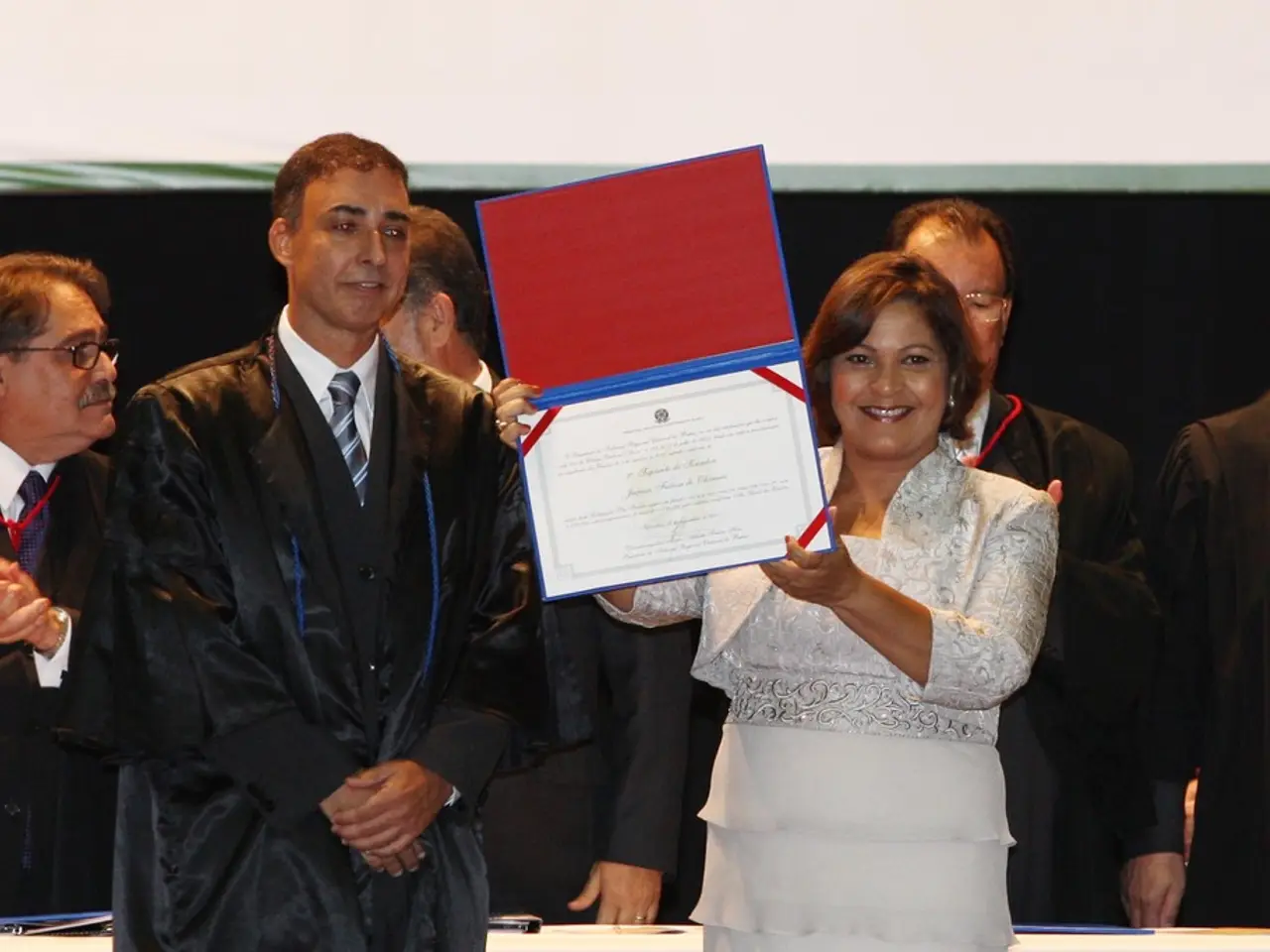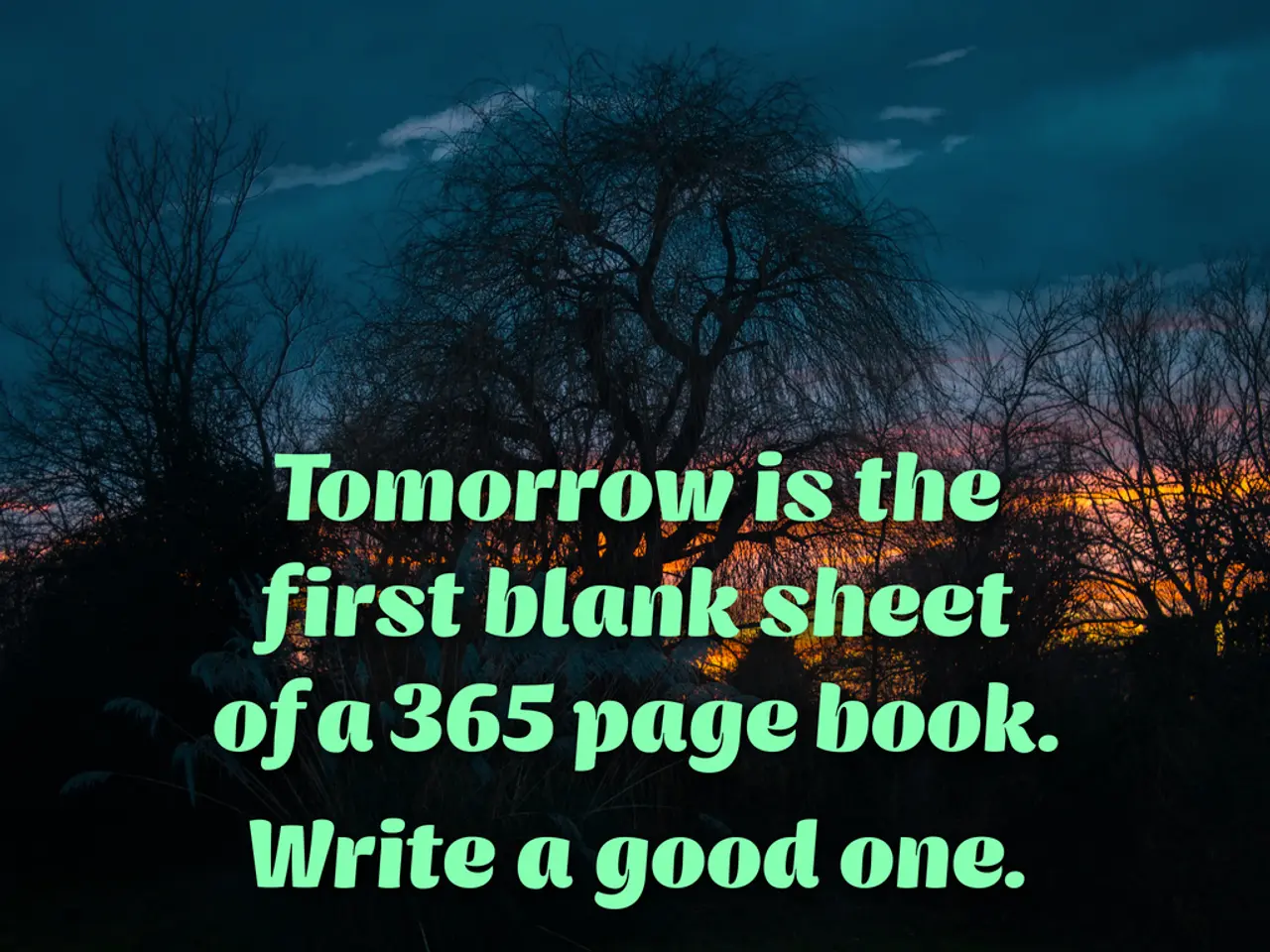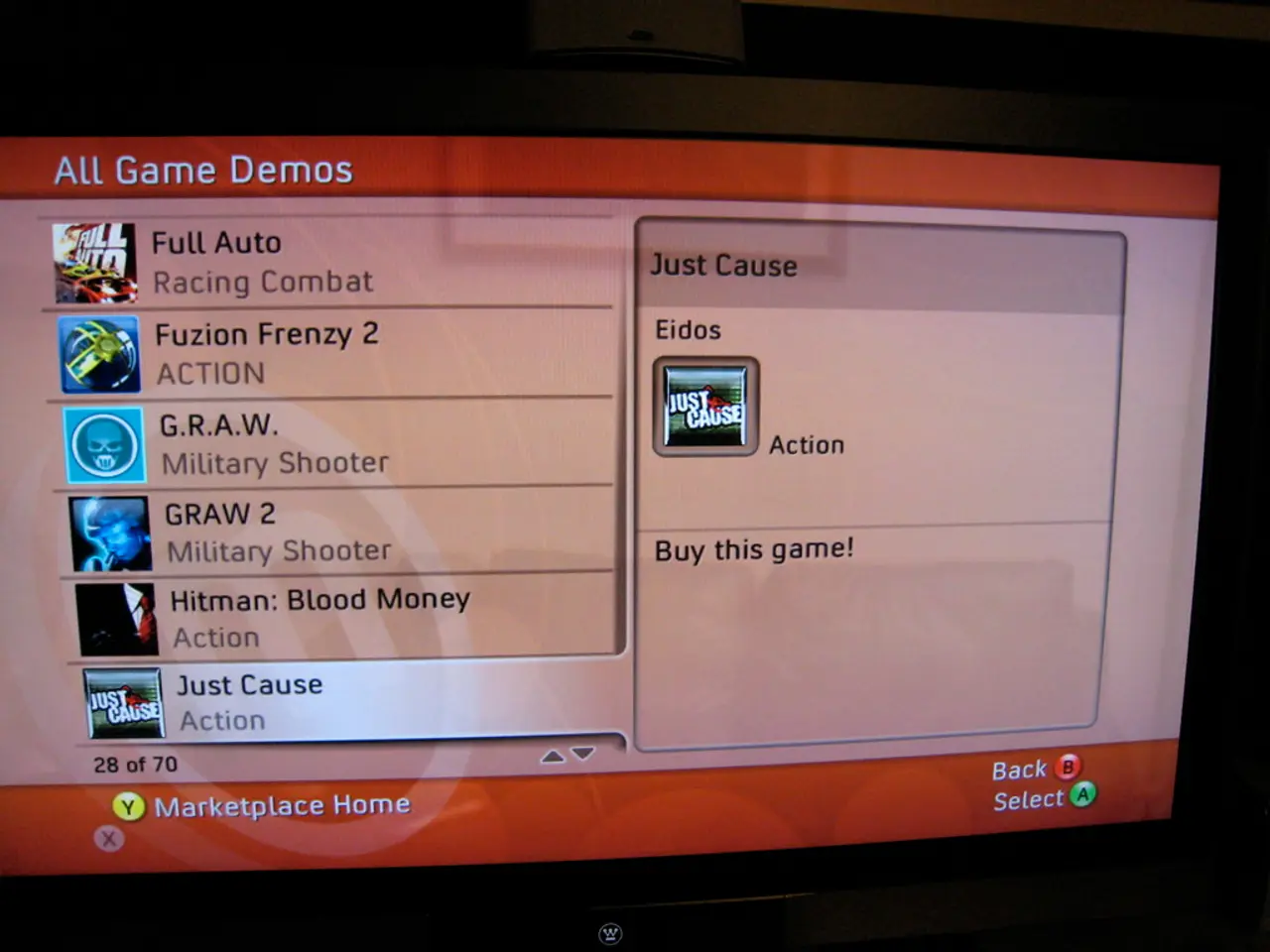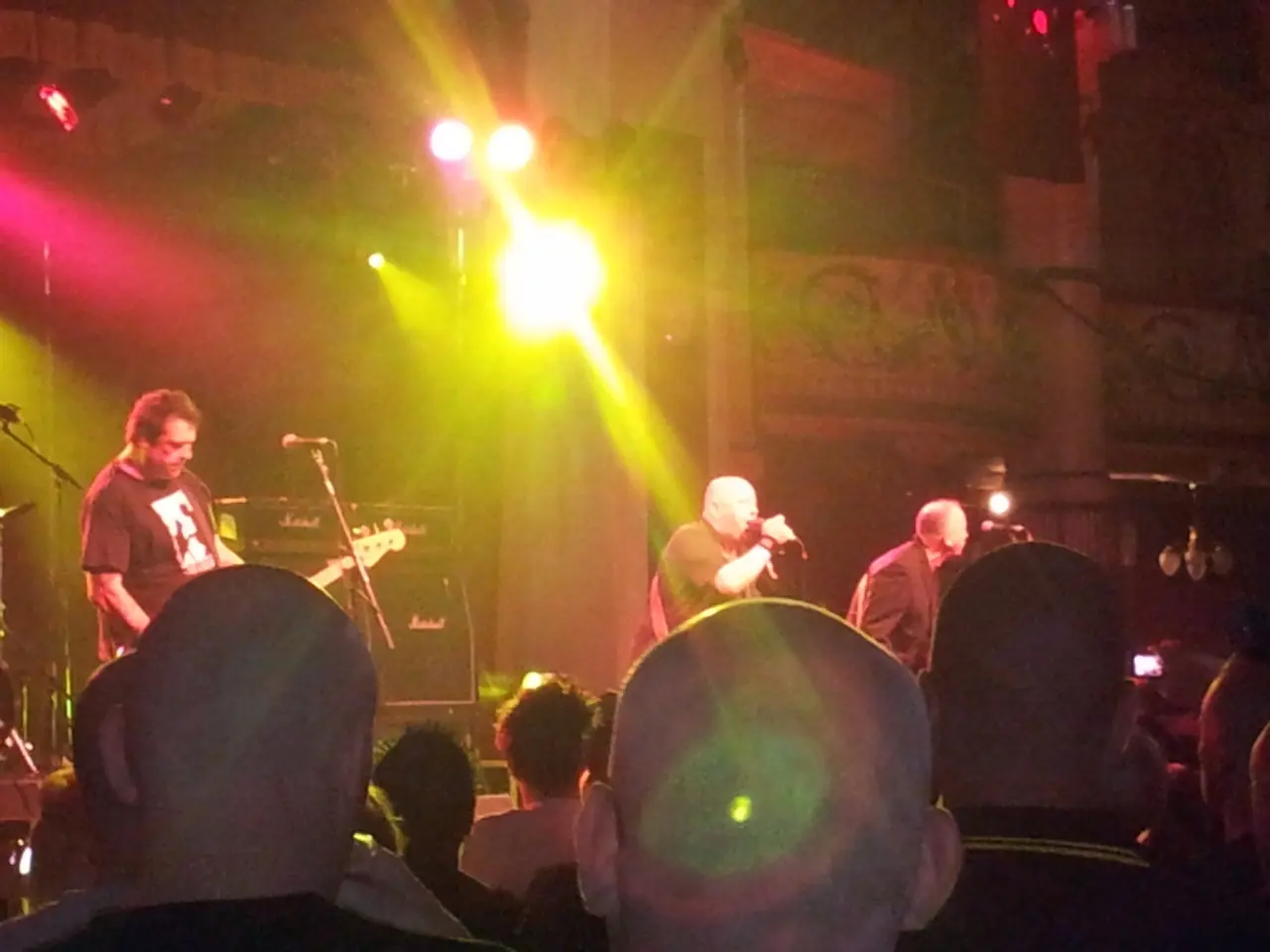Kremlin assesses no imminent risk of nuclear escalation
As August 2025 approaches, the already tense relationship between the United States and Russia continues to deteriorate, with the deployment of American nuclear submarines and the ongoing Ukraine conflict at the centre of the dispute.
The U.S. has nuclear submarines capable of striking Russia, a move that has been met with reactions from Russian leadership, particularly President Vladimir Putin. Kremlin spokesman Dmitri Peskov and former President Dmitri Medvedev have both issued statements reflecting Russia's stance in this context.
Peskov has stated that the redeployment of the nuclear submarines by U.S. President Donald Trump does not pose a risk of nuclear escalation. However, he also warned about the dangers of nuclear rhetoric, a response to the threats made by Medvedev. Medvedev, a member of the Russian Security Council, has a history of making hawkish statements since the start of the war in Ukraine.
The Ukraine conflict appears to be linked to the U.S. actions involving nuclear subs, with the aim being to signal deterrence and deterrence posture shifts rather than direct offensive deployment. Russia's response includes political statements and strategic military moves, such as its withdrawal from the INF Treaty earlier.
In a significant development, Trump has threatened sanctions if Russia does not meet the shortened deadline for finding a solution to the Ukraine conflict. The initial deadline set by Trump was 50 days, which he later shortened. Steve Witkoff, Trump's special envoy, may meet with Putin this week to discuss the matter.
Despite the escalating tensions, Peskov stated that Russia appreciates the U.S. and Trump's efforts to end the Ukraine conflict. Vladimir Putin is responsible for determining Russia's foreign policy, as confirmed by Peskov in a statement made to the state-run Russian news agency Tass.
Sources:
[1] BBC News. (2025, August 3). US-Russia tensions escalate over Ukraine and nuclear subs. [online] Available at: https://www.bbc.co.uk/news/world-us-canada-58093017
[2] The Guardian. (2025, August 4). US nuclear submarines deployed in response to Ukraine threats from Russia. [online] Available at: https://www.theguardian.com/world/2025/aug/04/us-nuclear-submarines-deployed-in-response-to-ukraine-threats-from-russia
[3] Reuters. (2025, August 5). Russia's exit from INF Treaty and tensions over nuclear arms control and military balance. [online] Available at: https://www.reuters.com/world/europe/russias-exit-inf-treaty-tensions-nuclear-arms-control-military-balance-2025-08-05/
- The deployment of American nuclear submarines and the ongoing Ukraine conflict are key topics in the escalating war-and-conflicts discourse between the United States and Russia, with their politics and general news continuously revolving around this tense relationship.
- In the realm of general news, Russian officials like Dmitri Peskov and Dmitri Medvedev have issued statements regarding the U.S.'s deployment of nuclear submarines, reflecting Russia's stance, while political maneuvers and strategic military moves, such as Russia's withdrawal from the INF Treaty, further highlight the tensions between the two nations.








